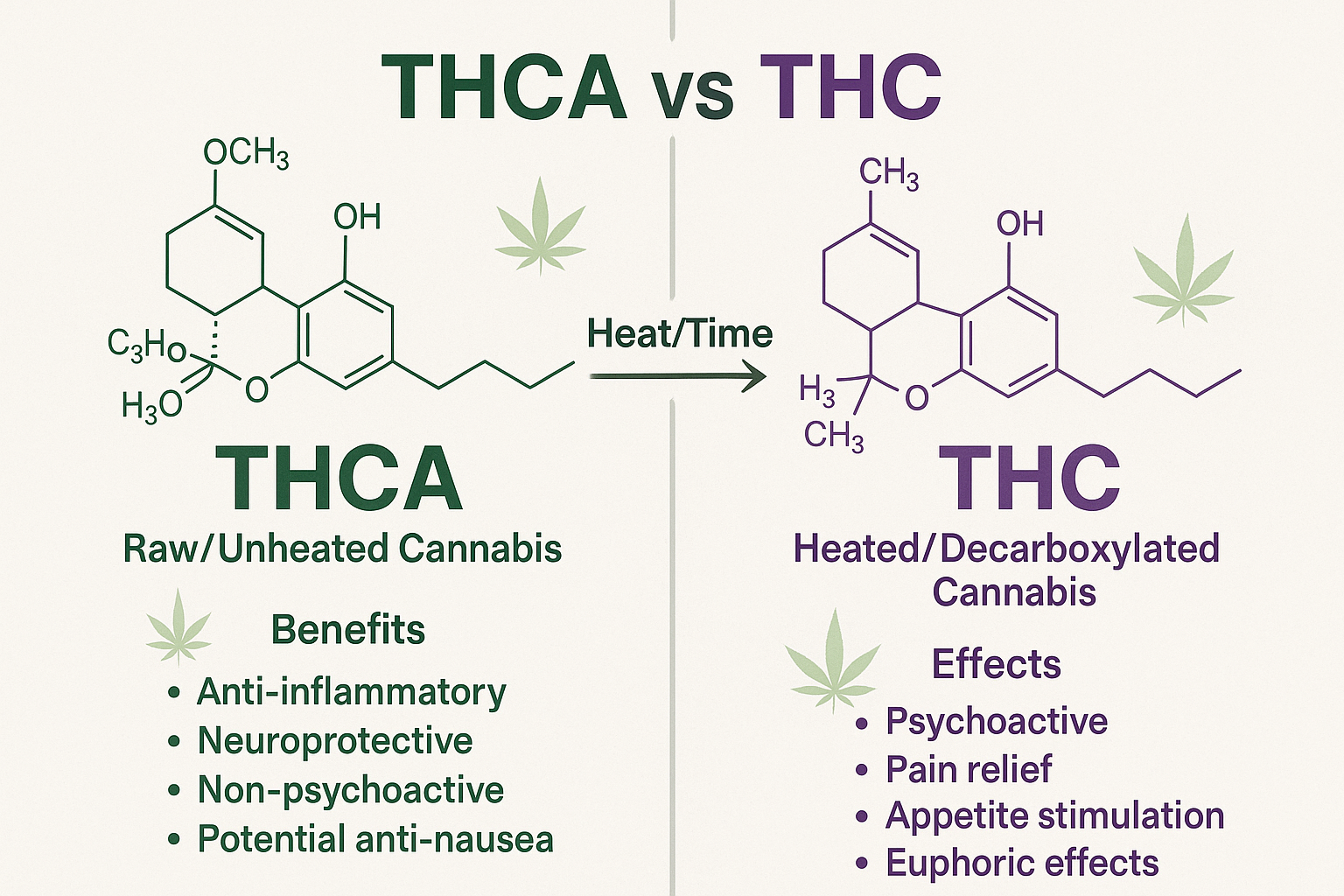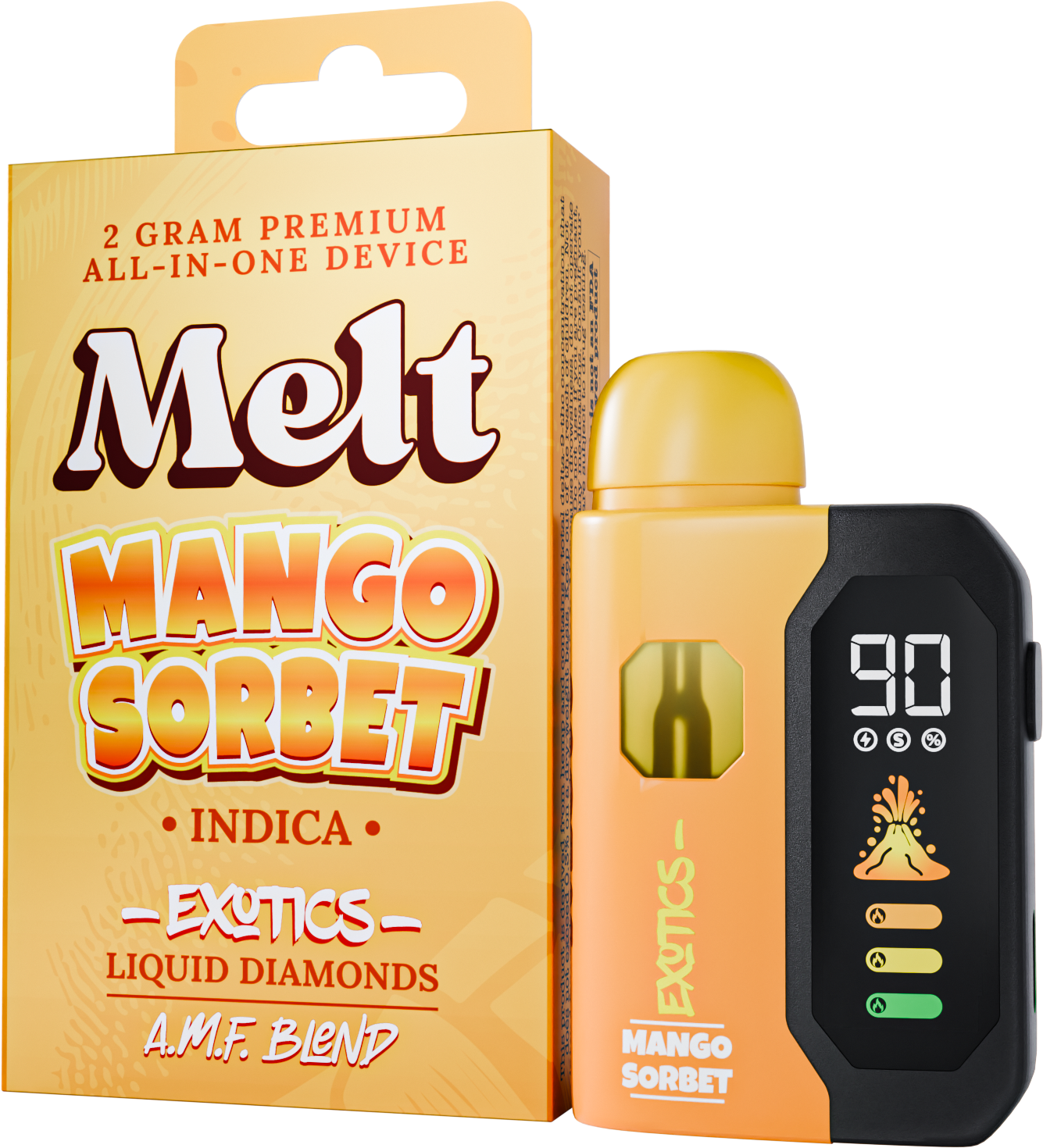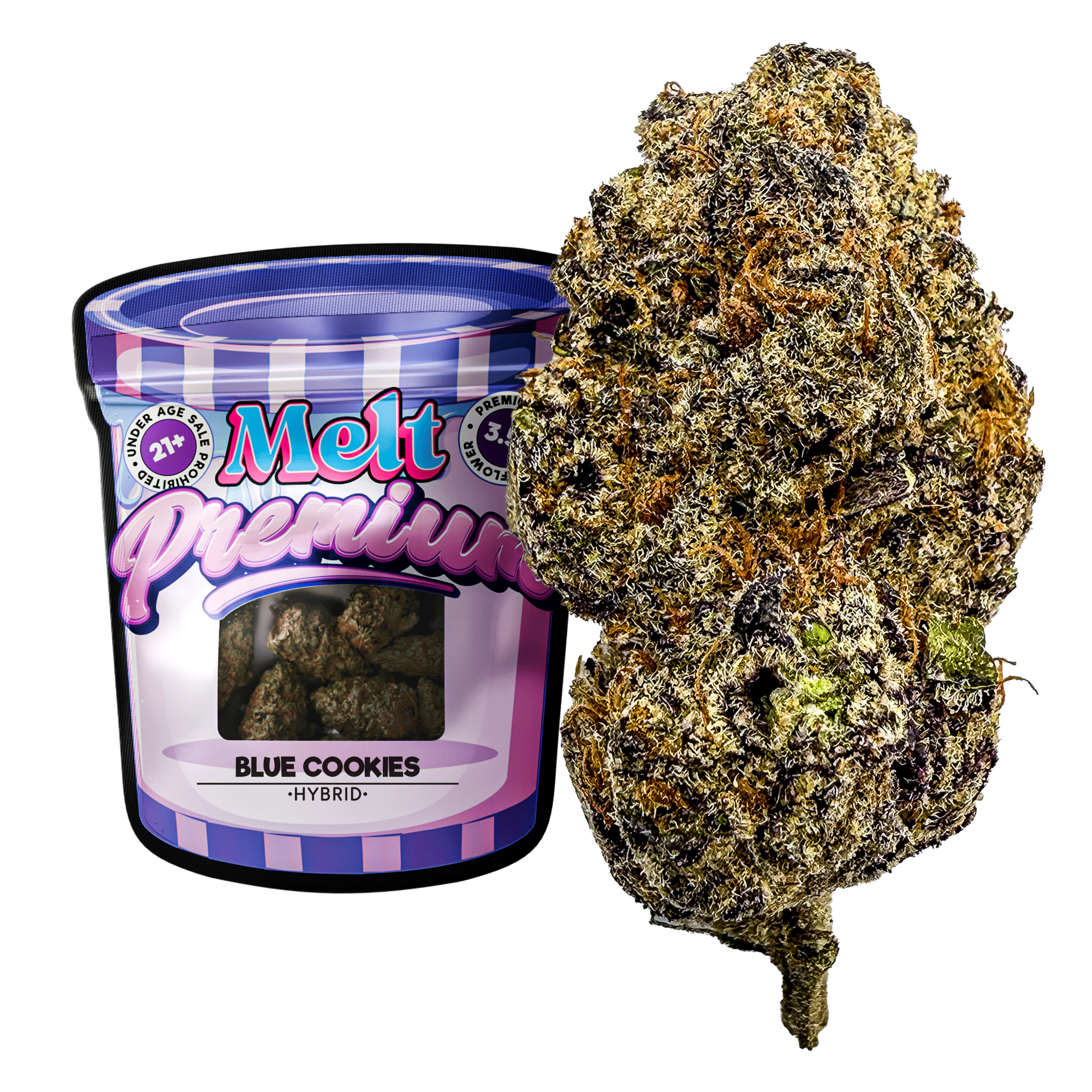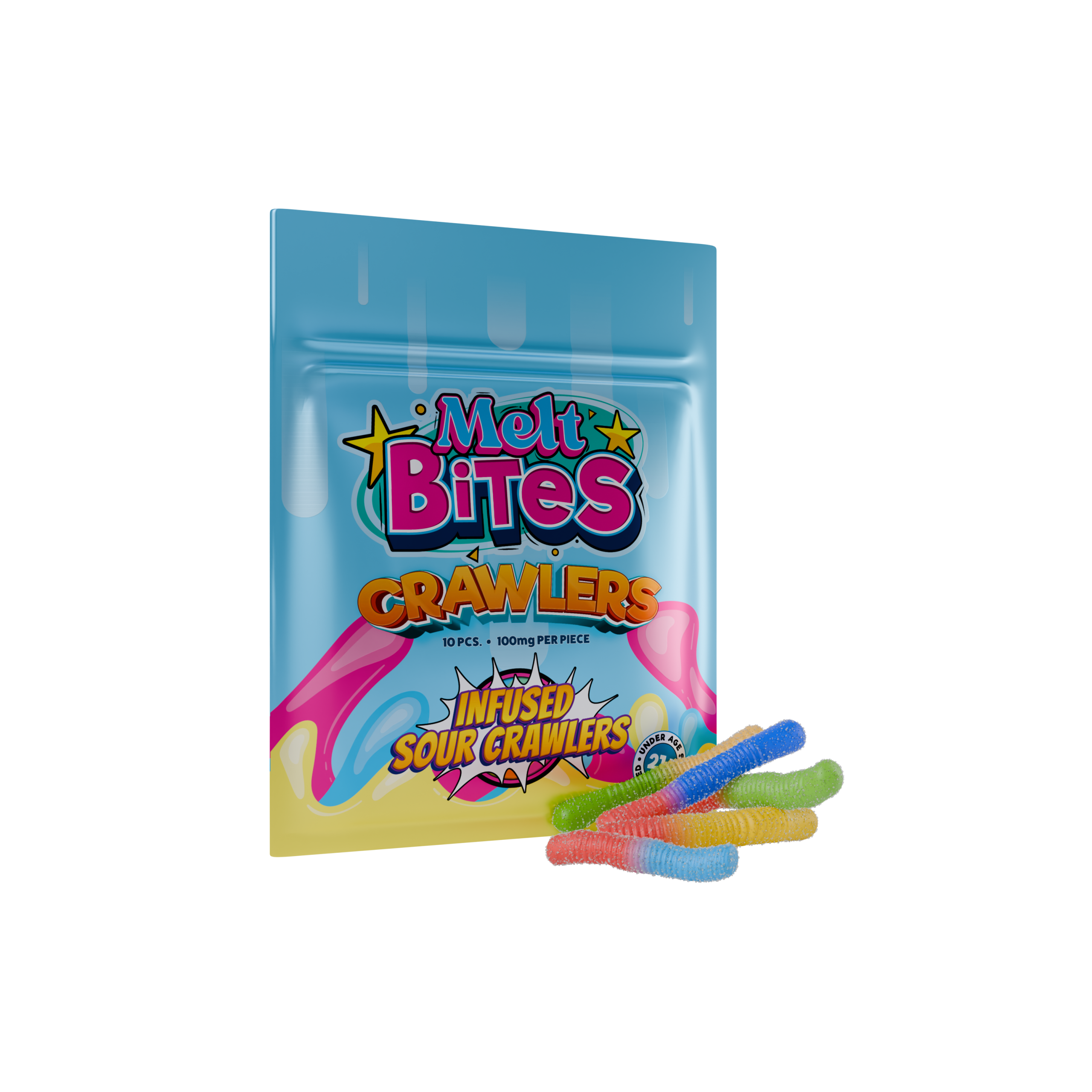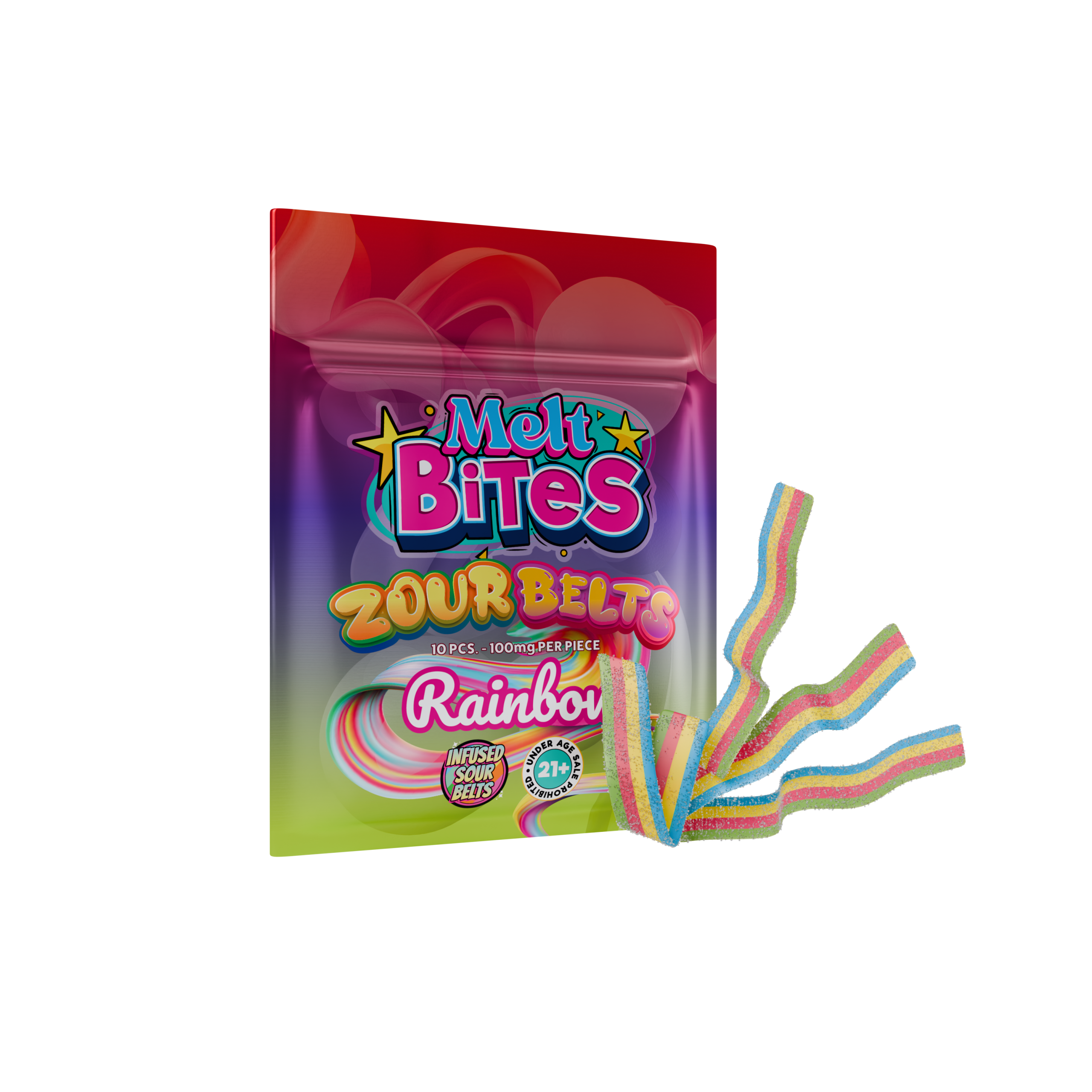With new cannabinoids entering the market every year, many cannabis consumers want to understand how THCA compares to THC. Although they are closely related, their effects, benefits, and legal standing are very different. Here’s a clear breakdown of THCA vs THC to help you decide which compound may better suit your needs.
What is THCA?
THCA (tetrahydrocannabinolic acid) is a non-psychoactive cannabinoid found in raw cannabis. When exposed to heat through smoking, vaping, or cooking, it converts into THC. On its own, THCA does not cause a “high,” making it attractive for those who want wellness benefits without intoxication.
What is THC?
THC (tetrahydrocannabinol) is the primary psychoactive compound in cannabis, responsible for effects such as euphoria, relaxation, increased appetite, and altered perception. It binds to CB1 receptors in the brain, producing the classic cannabis “high.”
Key Differences: THCA vs THC
| Feature |
THCA |
THC |
| Psychoactive |
No |
Yes |
| Found in |
Raw cannabis (before heating) |
Heated or aged cannabis |
| Method of Use |
Juicing, capsules, tinctures, topicals |
Smoking, vaping, edibles |
| Legal Status |
Often hemp-legal (<0.3% Delta-9 THC) |
Heavily regulated |
| Effects |
Non-intoxicating; supports inflammation, nausea, neuroprotection |
Euphoria, altered perception, appetite boost, stress relief |
Benefits of THCA
THCA has shown potential wellness applications even before it is decarboxylated into THC. Key reported benefits include:
-
Neuroprotection
-
Anti-inflammatory effects
-
Analgesic (pain relief) properties
-
Anti-nausea and appetite stimulation
-
Potential for supporting focus and alertness
Unlike THC, THCA can be consumed without the risk of intoxication, making it useful in public or daily routines where functionality matters.
Benefits of THC
THC, also known as medical marijuana in many states, is linked to:
-
Relief from chronic pain
-
Reduced muscle spasms (e.g., in multiple sclerosis)
-
Appetite stimulation (helpful in anorexia or extreme weight loss)
-
Nausea and vomiting reduction (especially from chemotherapy)
-
Support in conditions like Crohn’s disease, glaucoma, IBS, and PTSD
While THC provides more pronounced effects, it is psychoactive and subject to stricter regulation.
Wrap Up
Both THCA and THC are powerful cannabinoids offering unique benefits. THCA is non-intoxicating, making it ideal for those who want wellness without a high, while THC delivers the classic psychoactive experience with strong medical potential. Whichever you choose, always source cannabis products from trusted, lab-tested vendors to ensure purity and safety.
